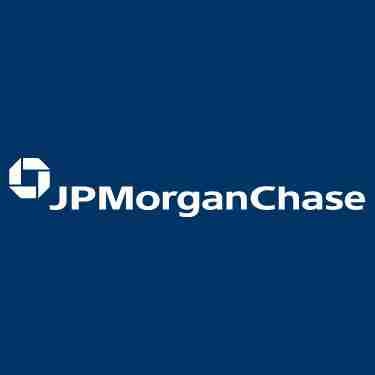JPMorgan Chase & Co. (NYSE:JPM) recently reported a massive increase in quarterly income in its Q4 results that seems to defy any concerns related to the volatility of the global economy. The better than expected results have come thanks to a mix of lower tax rates, an improved performance from the corporate and investment banking units of Bank of America Corp (NYSE:BAC) and a large reduction in loan loss reserves – a common theme this earnings season for banks extending the narrative that all is well.

Meanwhile, CEO and Chairman Jamie Dimon is being penalized by the board and will receive “only” $11.5 million as opposed to the $23 million he received as compensation in 2011 from the “London Whale” loss, which cost the company $6 billion. The scandal has been particularly embarrassing for JP Morgan and its chief Dimon, who has been openly opposing any moves towards tougher regulations on banks. The bank’s CIO and Treasury unit earned net revenue of negative $110 million as opposed to a positive $845 million last year, while its net loss was $157 million as opposed to $845 million in the previous year. However, the worst isn’t over yet as CIO and Treasury’s net loss is expected to widen to about $300 million in the current quarter.
In the end, the major U.S. banks operate in a near risk-free environment thanks to the Federal Reserve’s policies designed to keep their leveraged bets liquid when the markets were illiquid. Now, with the long end of the yield curve rising liquidity in the shadow banking system will be even harder to maintain, requiring even more intervention on the FOMC’s part.
Changes that occur within the U.S. banking sector continue to leave management intact while gutting staff. JPM’s shutdown of part of its settlement over fraudulent foreclosures led to 529 job eliminations, and, according to the Wall Street Journal, the bank fired another 310 employees recently. The bank’s settlement amount is almost $2 billion out of which $753 million will be paid in cash.
It is difficult to achieve sustainable growth in traditional banking at zero-bound interest rates. The latest rounds of QE are designed to get credit flowing, versus simply propping up failing credit pyramids in the shadow banking system, so we’ll see JP Morgan and others expanding their loan books. Mortgage originations increased 33% from last year to $52 billion. Commercial loans also witnessed a 14% rise in the quarter to reach record levels of $128 billion. According to the bank, it has offered 1.4 million mortgage modifications since 2009, yet the value of its non-performing loan portfolio continues to rise.




